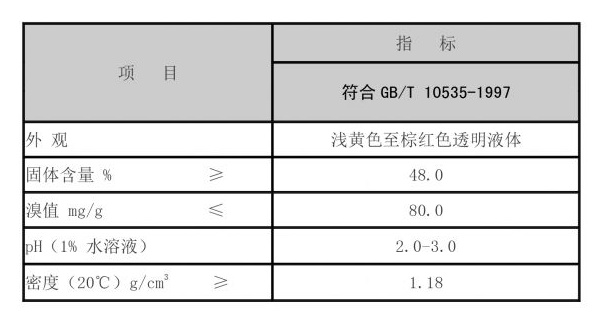water flocculation chemicals
Understanding Water Flocculation Chemicals Importance and Applications
Water flocculation chemicals play a crucial role in water treatment processes, particularly in the removal of suspended particles and impurities from water sources. Flocculation is a physical and chemical process that is essential not only for drinking water production but also for various industrial applications and wastewater treatment. This article delves into the significance of flocculation chemicals, their types, and their applications.
What is Flocculation?
Flocculation is the process where small particles come together to form a floc, which is a larger aggregate. This process is typically enhanced by the addition of flocculating agents or chemicals that facilitate the aggregation of particles, making them easier to remove through sedimentation or filtration. Flocculation is often used alongside coagulation, where coagulants are added to destabilize the particles in suspension. Together, these processes significantly improve the quality of water.
Types of Flocculation Chemicals
Flocculation chemicals can be broadly categorized into organic and inorganic substances.
1. Inorganic Flocculants These include compounds like aluminum sulfate (alum), ferric chloride, and polyaluminum chloride. Inorganic flocculants are widely used due to their effectiveness in neutralizing the charges of suspended particles, thus promoting floc formation. They are particularly useful in drinking water treatment and municipal wastewater systems.
2. Organic Flocculants These are typically synthetic polymers that can be non-ionic, anionic, or cationic. Organic flocculants, such as polyacrylamides, are favored in many industrial processes due to their high efficiency and ability to form larger flocs compared to inorganic agents. They can be tailored for specific applications, making them versatile for various water treatment scenarios.
3. Natural Flocculants Naturally occurring substances, such as chitosan and various plant extracts, are gaining popularity as environmentally friendly alternatives to synthetic chemicals. These bioflocculants can aid in the aggregation of particles while minimizing the introduction of harmful substances into the environment.
water flocculation chemicals

Applications of Water Flocculation Chemicals
The applications of flocculation chemicals extend across several sectors
1. Drinking Water Treatment The primary role of flocculation chemicals in drinking water treatment is to enhance the removal of turbidity, pathogens, and organic matter. The effective treatment of drinking water ensures public health and safety.
2. Wastewater Treatment Municipal and industrial wastewater often contain high levels of suspended solids and pollutants. Flocculation chemicals are vital for clarifying waste streams, allowing for the recovery of water for reuse or safe discharge into the environment.
3. Mining and Mineral Processing In mining operations, flocculation is used to separate valuable minerals from waste materials. This process not only improves the recovery rates of minerals but also minimizes the environmental impact of mining activities.
4. Paper and Pulp Industry Flocculation chemicals are employed in the paper manufacturing process to improve fiber retention and reduce the amount of chemical additives required, enhancing the sustainability of the production process.
5. Food and Beverage Industry In the processing of various food products, flocculation chemicals help clarify liquids, ensuring product quality and consistency.
Conclusion
In conclusion, water flocculation chemicals are indispensable in the treatment of water across multiple sectors. Their ability to effectively remove suspended particles and impurities ensures the delivery of safe and clean water for consumption and industrial use. As environmental concerns grow, the development and use of eco-friendly flocculants will likely become more prevalent, paving the way for sustainable water treatment solutions. Understanding these chemicals and their applications is essential for both water management professionals and industries that rely on clean water resources.
-
Water Treatment with Flocculant Water TreatmentNewsJun.12,2025
-
Polymaleic AnhydrideNewsJun.12,2025
-
Polyaspartic AcidNewsJun.12,2025
-
Enhance Industrial Processes with IsothiazolinonesNewsJun.12,2025
-
Enhance Industrial Processes with PBTCA SolutionsNewsJun.12,2025
-
Dodecyldimethylbenzylammonium Chloride SolutionsNewsJun.12,2025





